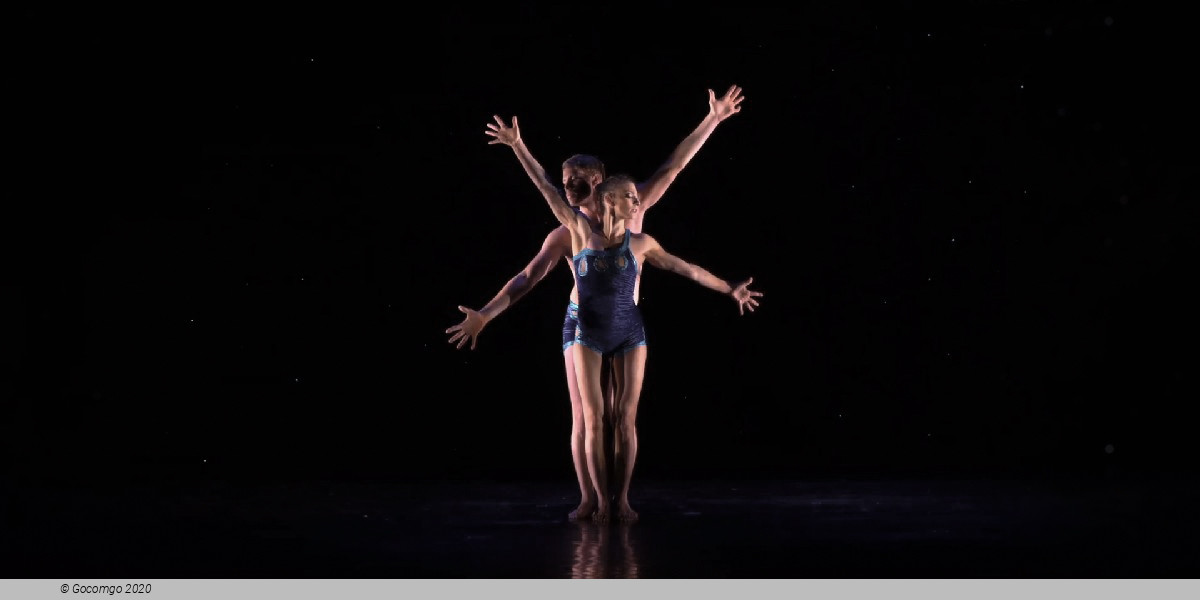Teatro Olimpico (Rome, Italy)
There are no events to show for 1 - 31 Mar 2025.
Teatro Olimpico

The Teatro Olimpico is a theatre in Vicenza, northern Italy, constructed in 1580-1585. The theatre was the final design by the Italian Renaissance architect Andrea Palladio and was not completed until after his death. The trompe-l'œil onstage scenery, designed by Vincenzo Scamozzi, to give the appearance of long streets receding to a distant horizon, was installed in 1585 for the very first performance held in the theatre, and is the oldest surviving stage set still in existence. The full Roman-style scaenae frons back screen across the stage is made from wood and stucco imitating marble. It was the home of the Accademia Olimpica, which was founded there in 1555.
The Teatro Olimpico is, along with the Teatro all'antica in Sabbioneta and the Teatro Farnese in Parma, one of only three Renaissance theatres remaining in existence. Both these theatres were based, in large measure, on the Teatro Olimpico. It is still used several times a year.
Since 1994, the Teatro Olimpico, together with other Palladian buildings in and around Vicenza, has been part of the UNESCO World Heritage Site City of Vicenza and the Palladian Villas of the Veneto.
The theatre was inaugurated on March 3, 1585, with a production of Sophocles' Oedipus Rex. However, the theatre was virtually abandoned after only a few productions. The scenes, which had been created in wood and stucco for Oedipus Rex, and which were meant to represent the streets of Thebes, were never removed: despite bombings and other vicissitudes, they have miraculously preserved into modern times. The original lighting system of glass oil lamps, designed by Scamozzi, heightened the illusion of space, has been used only a few times because of the high cost and the risk of fire. Scamozzi's lighting system was used when, in 1997, the theatre was again employed for a production of Oedipus Rex.
The Teatro Olimpico is still used for plays and musical performances, but audience sizes are limited to 400, for conservation reasons. Performances take place in two theatre seasons—classical plays in the autumn and the festival Il Suono dell'Olimpico in the spring. It is not equipped with heating or air conditioning, which could damage the delicate wooden structures.
The Theatre has been used as a filming location for films such as Don Giovanni (1979) and Casanova (2005).

